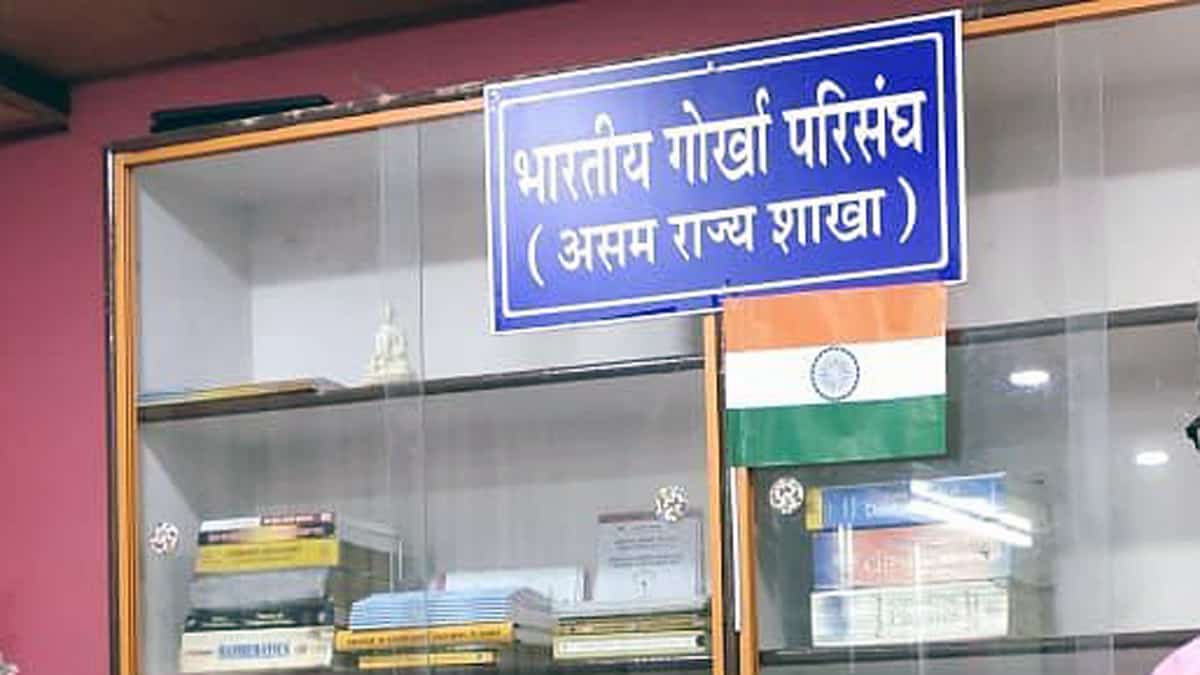Chief Minister Dr. Himanta Biswa Sarma, while announcing the decision, stated, “The Cabinet has decided to include Ahom, Matak, Moran, Chutia, Gorkha, Tea Garden, and Adivasi communities under the Protected Class category in the Tirap Tribal Belt. This will enable rightful land settlement for people who have been residing in the area since before 2011.”
The term “Protected Class” confers legal safeguards allowing members of these communities to own, transfer, and inherit land within the notified tribal belt—zones where land transactions are otherwise restricted to preserve indigenous demographic stability. With this recognition, over 20,000 individuals across the seven communities are expected to benefit, ensuring them tenure security and protection from displacement or land alienation.
For the Gorkha community, this inclusion marks a significant milestone. The Bharatiya Gorkha Parisangh (BGP), the apex body representing Gorkhas in India, has long advocated for such recognition, especially in regions where the community has been historically present. Responding to the decision, Nanda Kirati Dewan, General Secretary of the BGP Assam State Committee, described it as a rectification of a historic oversight. “This long-awaited recognition acknowledges the rightful place of Gorkhas in the socio-cultural fabric of Assam,” Dewan said. He further urged the state government to ensure the full and sincere implementation of the notification so that the intended beneficiaries receive the protections and opportunities guaranteed under this status.
The BGP emphasized that the decision reflects the true spirit of inclusive governance—“Sabka Saath, Sabka Vikas”—and added that its effective implementation would further strengthen public trust or “Sabka Vishwas.” The organization has also committed to supporting the government through awareness and outreach initiatives, helping ensure that community members are well-informed about their entitlements under the new classification.
This policy change follows sustained advocacy from grassroots organizations, including the All Assam Gorkha Students’ Union (AAGSU), which has led a decade-long movement for the inclusion of Gorkhas under the Protected Class designation. The group has continually highlighted the community’s residence and cultivation in the region prior to the 2011 cut-off year. On March 3, 2025, the AAGSU once again reiterated its demand by submitting a formal memorandum to the Chief Minister via the Co-District Commissioner in Kamrup during a protest in Guwahati. Sunil Chhetri, President of AAGSU, welcomed the Cabinet’s decision and lauded the recognition as a significant achievement for the Gorkhas.
Senior journalist and General Secretary of the BGP’s Tinsukia District Committee, Khilanath Adhikari, called the development “historic and healing,” noting that it is not merely an administrative decision but a measure of social justice. “This notification is not just about land; it’s about identity, justice, and rightful belonging. It paves the way for sustainable development and regional stability,” Adhikari remarked.
With the legal provisions now in place, the local revenue department is tasked with conducting surveys, issuing land documents, and regulating future transactions in alignment with the Protected Class guidelines. Eligible community members are expected to receive official land titles (pattas), thereby solidifying their legal claim and ensuring long-term tenure security.
The move is being widely hailed as a transformative step by civil society, student organizations, and political observers alike. It not only restores the rights of historically marginalized communities but also fosters a more inclusive framework for governance and development in Assam’s sensitive tribal regions.
The Assam Government’s decision, made on July 31, 2025, is seen as a timely and progressive measure to address deep-seated grievances while reinforcing the principles of equitable development and demographic harmony in one of India’s most ethnically diverse states.

